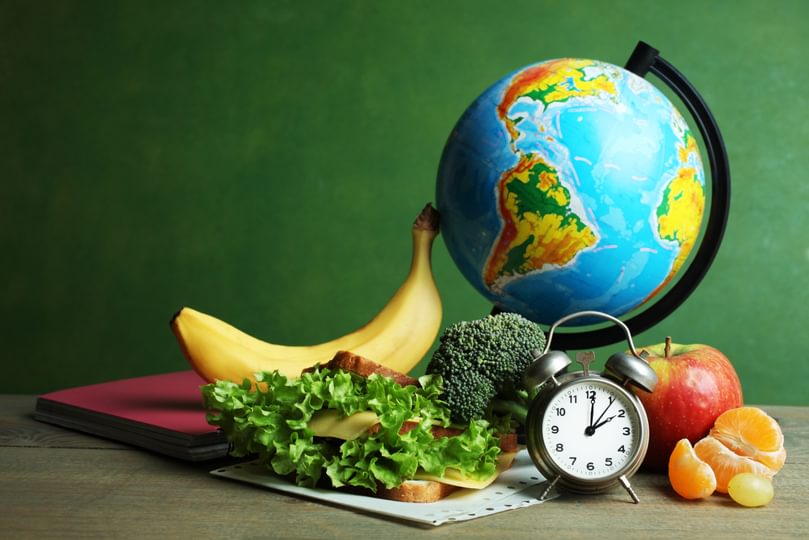
Food systems exert large climate and health burdens.
Recent reports, including the seminal EAT-Lancet, have estimated these harms more precisely than ever, providing a new “planetary health diet” path forward, but our pictures are still incomplete. Multiple burdens still remain poorly characterised, including infectious diseases, animal health and wellbeing, and marine biodiversity loss.
Dr Matthew Hayek will highlight some examples of his recent analyses that have tested changes in food production, including pasture-raised meat, intensification, and plant-based dietary shifts that aim to widen the scope of climate and health trade-offs that we appraise. Then, he will detail future research plans that focus on alternative protein foods, including plant-based, precision fermentation, and cell-cultured meat. Lastly, he will discuss how food and climate policies may require grappling with a wider array of potentially cascading environmental and health risks, including risks that may be challenging or impossible to quantify.
This talk is organised by the Oxford Martin Programme on the Future of Food
REGISTRATION
- To register to attend this talk click here.

Dr Matthew Hayek
Assistant Professor, New York University Department of Environmental Studies
Matthew Hayek is an Assistant Professor in the New York University Department of Environmental Studies. He received his PhD from the Harvard Paulson School of Engineering and Applied Science, followed by a postdoc in climate science and policy at Harvard Law School.
His research quantifies the environmental impacts of our food system, with a particular focus on land use and mitigation opportunities in terrestrial ecosystems. His broader research examines the intersections of changing food production and consumption across human, animal, and environmental health.
Keep in touch
If you found this page useful, sign up to our monthly digest of the latest news and events
Subscribe